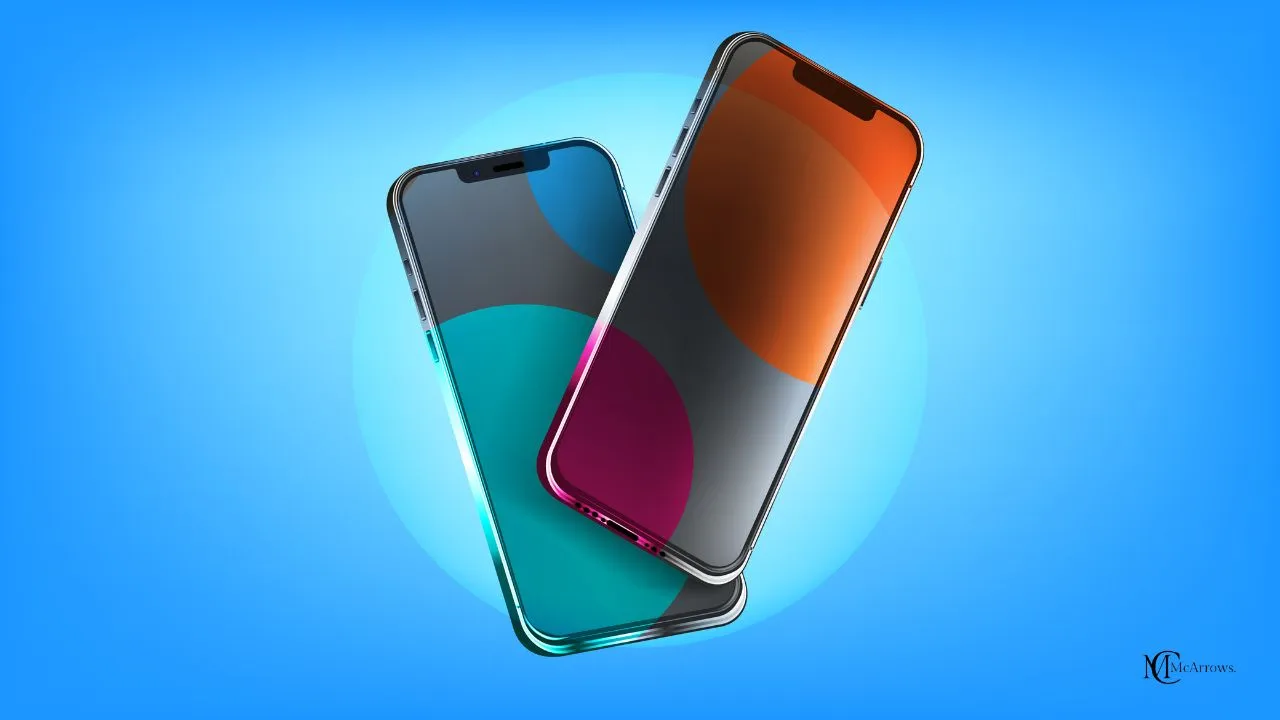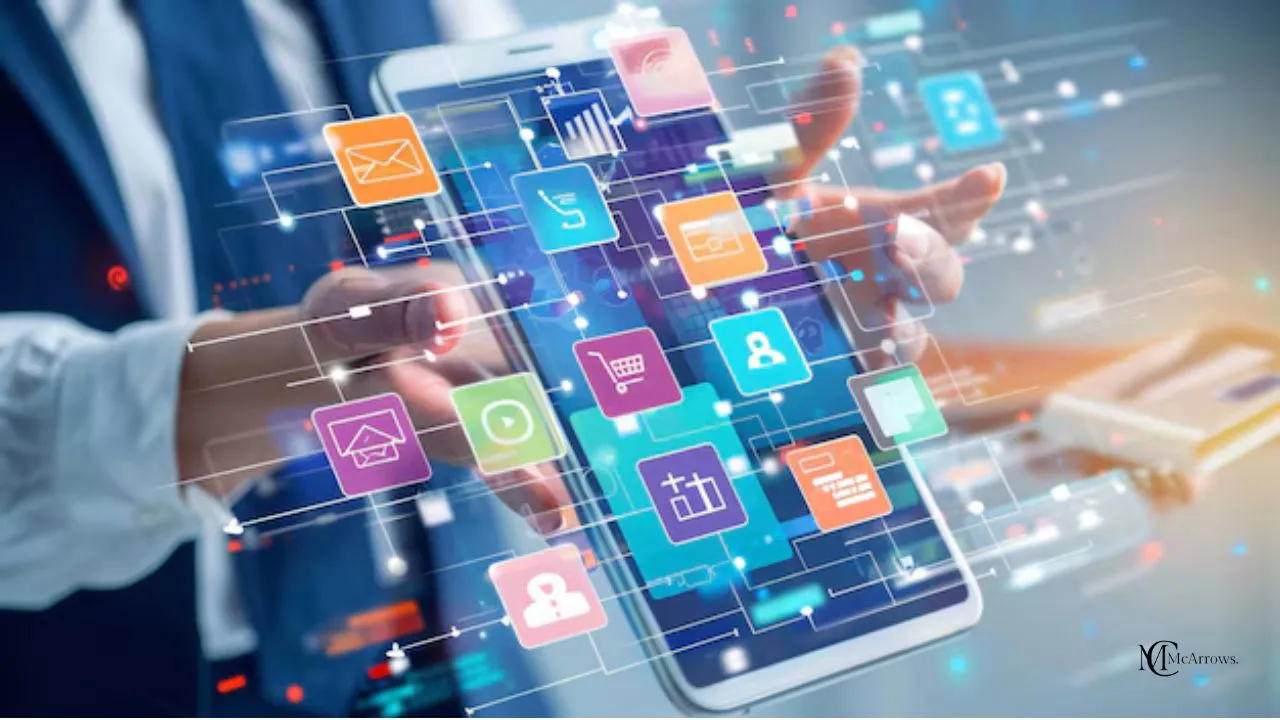In the world of smartphones, the debate between Android and iPhone seems eternal. Each platform offers distinct advantages, but today, we explore why Android might just be the better choice for you.
Table of Contents
Customization: A World of Possibilities
One of Android’s strongest suits is its customization. Being open-source, it allows developers and users alike to tweak nearly every aspect of the interface. From custom skins and launchers to widget setups and more, Android offers a truly personalized smartphone experience.
Hardware Variety and Flexibility
Unlike iPhone’s limited model selection, Android offers a smorgasbord of devices. Whether you’re looking for a high-end smartphone, a budget-friendly option, or something in-between, Android provides more choices. This variety ensures there’s an Android phone to suit every need and budget.
Price: More Bang for Your Buck
When it comes to pricing, Android phones generally offer more value for your money. High-spec Android devices are often priced lower than their iPhone counterparts, and the market also has a plethora of mid-range and low-cost models that don’t skimp on quality.
Innovation and Features
Android manufacturers often lead in terms of innovation. From advanced camera capabilities to revolutionary charging technologies, Android brands push the envelope, introducing features that often take years to appear on iPhones.
Battery Life and Charging
Android phones often boast longer battery life and more diverse charging options, including fast charging, wireless charging, and even reverse charging capabilities.
Storage Options
Most Android devices offer expandable storage through microSD cards, a feature notably absent in iPhones. This means you can increase your storage without paying exorbitant upgrade fees.
Operating System and Updates
Android offers a unique approach to operating systems and updates. Users can choose how and when to update their devices, avoiding the sometimes forced updates seen in the iPhone ecosystem.
Integration with Google Services
For users heavily invested in Google’s ecosystem, Android devices offer superior integration with services like Google Drive, Google Photos, and Google Assistant, enhancing productivity and convenience.
Choice of App Markets
Android users aren’t limited to one app store. Besides Google Play, users can access other markets, increasing the range of apps and games available.
Less Restrictive Ecosystem
Android’s ecosystem is less restrictive compared to Apple’s, offering developers and users more freedom. This openness fosters innovation and offers users a broader selection of apps and services.
Support for Multiple Users and Parental Controls
Android devices often support multiple user profiles, making them ideal for sharing with family. They also offer robust parental controls, ensuring a safe user experience for children.
Inclusive Technology
Android’s platform runs on an incredible array of devices, making its technology more accessible to people worldwide. This inclusivity supports a broader range of price points and capabilities.
User Experience
Many users find Android more user-friendly, especially those who value flexibility and customization. The ability to tailor an Android device is unmatched, from default apps to the overall layout.
Conclusion
Choosing Android over iPhone isn’t just about cost; it’s about getting a device that fits your lifestyle and preferences. From its unparalleled customization to its inclusive technology, Android offers compelling reasons to be your smartphone of choice.
FAQs
What makes Android better in terms of customization?
Android’s open-source nature allows for extensive modifications and personalization, far beyond what’s available on iPhone.
Can I use other app stores on Android?
Yes, Android allows users to install apps from sources other than Google Play, providing more variety and freedom.
How do Android devices integrate with Google services?
Android devices are designed to work seamlessly with Google’s services, providing an integrated experience that enhances usability and access.
What are some examples of Android innovation?
Innovations such as advanced camera technologies, fast charging, and foldable screens are often seen first in Android devices.
Why might Android be considered more user-friendly?
Android offers a more customizable interface, which can be tailored to meet individual preferences and needs, making it generally more user-friendly for those who value personalization.

CEO, McArrows
Leverages over seven years in tech to propel the company forward. An alumnus of Purdue and Amity, his expertise spans IT, healthcare, aviation, and more. Skilled in leading iOS and backend development teams, he drives McArrows’ technological advancements across diverse industries.








